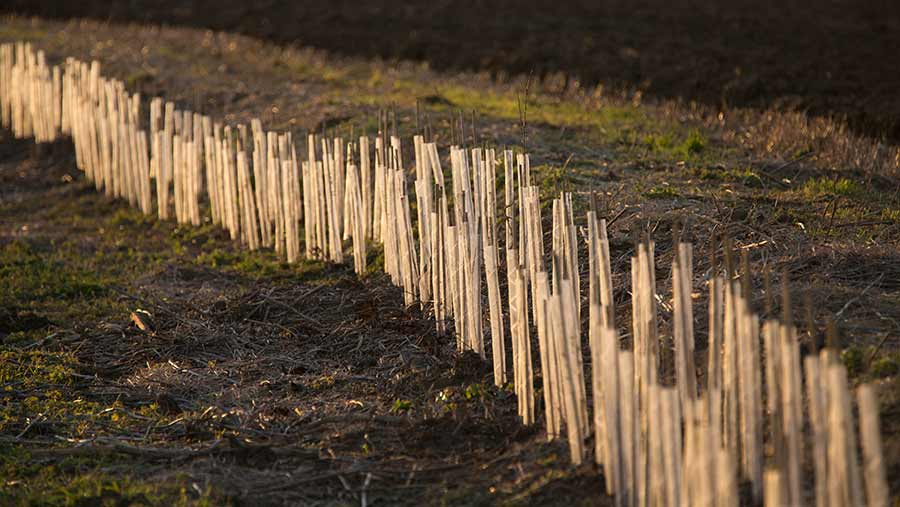Farmers reject claims they are ‘anti-nature’
 © Tim Scrivener
© Tim Scrivener Farming and science organisations have hit back at suggestions that intensive farming is mainly to blame for nature decline in the British countryside.
The claim is made in the latest State of Nature report, compiled every few years by more than 60 research and conservation groups.
It says there has been an average 19% decline in the abundance of species studied since the 1970s.
Birds and pollinators have fared particularly badly, and the report cites intensive farming and climate change as the two biggest drivers of nature loss.
See also: How we covered the Sate of Nature report in 2016
“A combination of technological advancements, the use of agro-chemicals, and changing agricultural policy has reduced the capacity of farmed landscapes to support wildlife, resulting in widespread biodiversity loss,” says the report.
And while the authors acknowledge there have been some recent moves towards more nature-friendly land use, “only a fifth of farmland is now in agri-environment schemes, with only some of that helping nature,” they say.
Beccy Speight, the RSPB’s chief executive, said:
“We need to move far faster as a society towards nature-friendly land and sea use, otherwise the UK’s nature and wider environment will continue to decline and degrade, with huge implications for our own way of life.”
Response
But the NFU has defended British farming’s record, pointing to the “huge amounts of work” that has been carried out to boost nature, create habitats, and benefit soil health and water quality.
“Hundreds of flower-rich field margins have been developed to provide habitats for bees and other insects, while 149 species were recorded during this year’s Big Farmland Bird Count, including 33 species from the Red List for Birds of Conservation Concern,” said NFU president Minette Batters.
“We are also working in a variety of ways to reduce emissions through improved productivity on farm, as well as planting more trees and hedges.”
Pro-science think tank Science for Sustainable Agriculture is also critical of the report, saying it ignores the enormous progress made by Britain’s farmers to produce food more sustainably.
For example, through more precise application of pesticides and fertiliser, the adoption of low-till cultivation, and selection of crops that are less reliant on chemicals.
The group also challenges the report’s “relentless focus” on agri-environmental, or “land-sharing”, policy approaches.
“The scientific evidence increasingly suggests that a land-sparing approach – farming as productively as possible on land that is farmed, leaving more room for natural habitats to be left intact – is the most effective way to produce sufficient food, while preventing biodiversity loss and tackling climate change,” it argues.
Solutions
The report has, however, been welcomed by the Nature Friendly Farming Network, which acknowledges the role agriculture has played in the past, but argues it can now be part of the solution.
It points to the hundreds of farmers “who are already working to turn the tide”.
West Sussex arable farmer James Baird, for example, has planted many hedgerows and dug ponds on his 526ha.
“We see declines in the State of Nature report that are alarming, but this is a whole of society issue that’s not just restricted to agricultural land management,” he said.
“Nature is assaulted from many arenas. It is not something agriculture can address in its own right, but UK farmers have an important role to play.”
Craig Bennett, chief executive of The Wildlife Trusts, said the budget for nature-friendly farming should increase to at least £4.4bn/year.
This would be more than £1bn over what is currently spent on agricultural and rural support in the UK.
